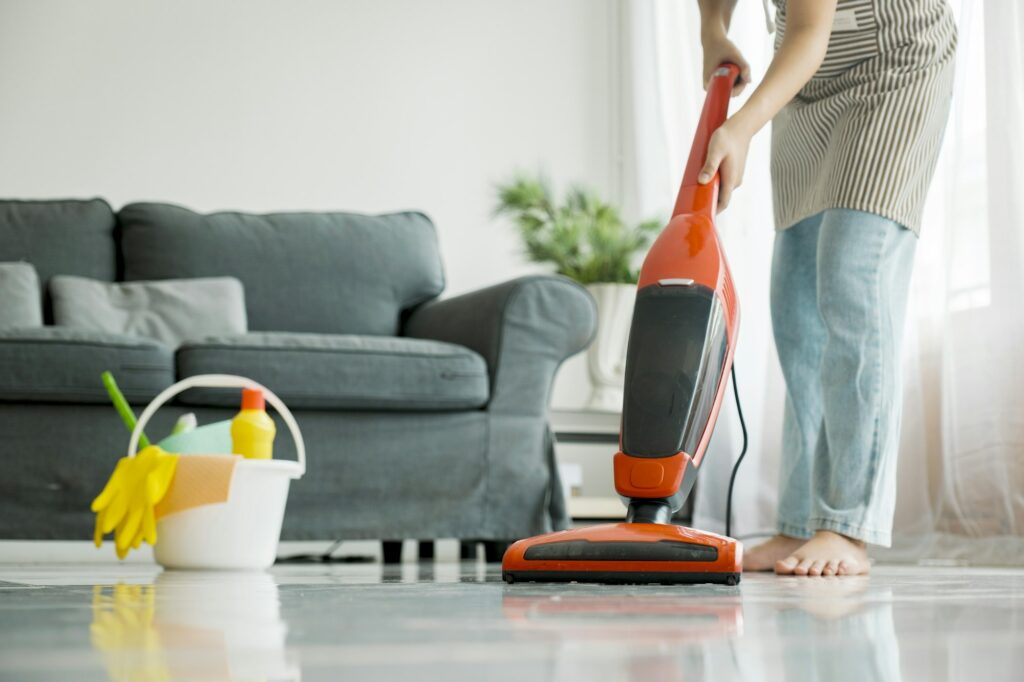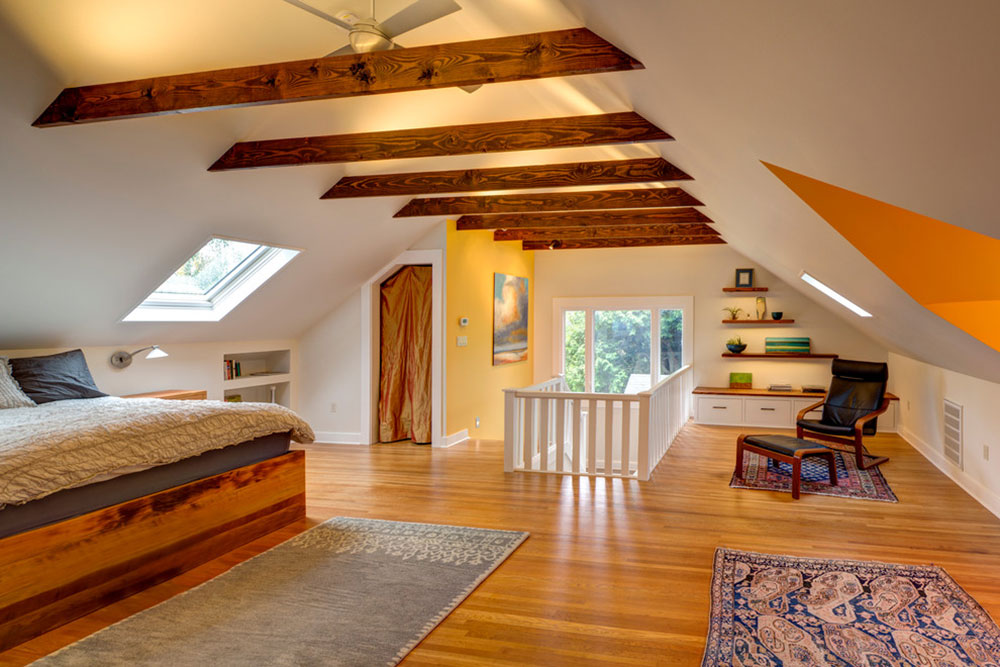Managing a successful Airbnb property involves more than just offering a comfortable place to stay. As an Airbnb host, you need to ensure that your guests enjoy a pleasant experience while also respecting the needs of your neighbors. One of the crucial aspects of this is managing noise levels, which can often be a concern in short-term rentals. This is where an Airbnb noise policy template becomes an essential tool.

Why an Airbnb Noise Policy is Important
Whether you are a seasoned host or just starting out, having a noise policy is vital. It helps in setting clear expectations with your guests, ensuring they understand the importance of maintaining a peaceful environment. A noise policy is beneficial not only for maintaining neighborhood harmony but also for protecting your property from potential complaints.
Understanding the Need for Noise Control
Noise control is a significant aspect of managing any rental property. It helps prevent disputes and keeps your rental ratings high. According to a study by the National Association of Realtors, complaints about noise are among the top issues reported by neighbors of short-term rental properties.
Components of an Effective Noise Policy
An effective noise policy should be clear, concise, and easy to understand. Here are some components you should include:
- Quiet Hours: Specify the hours during which noise should be minimized. Common quiet hours are between 10 PM and 8 AM.
- Noise Limits: Define acceptable noise levels and provide examples of what constitutes a violation.
- Consequences: Clearly outline the consequences for violating the noise policy. This could include warnings, fines, or even eviction depending on the severity of the noise complaint.
Creating Your Airbnb Noise Policy Template
Creating a noise policy template involves more than just setting rules. It requires a thoughtful approach to ensure it is effective and enforceable. Heres a step-by-step guide to help you create your template:
Step 1: Research Local Laws
Start by understanding the local noise ordinances and regulations. This will ensure that your policy aligns with legal requirements and is enforceable.
Step 2: Define Quiet Hours
Based on your research, define the quiet hours for your property. Make sure these hours are reasonable and align with the local community standards.
Step 3: Draft Clear Guidelines
Write clear and concise guidelines that specify acceptable noise levels and behaviors. Use simple language to ensure your guests understand the expectations.
Step 4: Communicate Consequences
Clearly outline the consequences for violating the noise policy. It is important to be firm but fair in your approach.
Step 5: Include the Policy in Your Listing
Once your policy is ready, include it in your Airbnb listing and share it with guests before they arrive. This ensures transparency and prevents misunderstandings.
Implementing the Noise Policy
Implementing your noise policy requires consistency and diligence. Here are some tips to help you effectively implement it:
Communicate with Guests
Ensure that your guests are aware of the noise policy upon booking. You can also remind them during check-in and provide a copy of the policy in the rental property.
Use Technology
Consider using noise monitoring devices to help enforce your policy. These devices can alert you if noise levels exceed acceptable limits, allowing you to address issues promptly.
Handle Complaints Professionally
In the event of a noise complaint, address it professionally and promptly. Communicate with your guests to resolve the issue amicably.
Benefits of a Noise Policy
Having a noise policy in place offers several benefits:
- Improved Guest Experience: Ensures a peaceful environment for all guests.
- Reduced Complaints: Decreases the likelihood of disputes with neighbors.
- Protects Your Reputation: Maintains high ratings and positive reviews.
Examples of Effective Noise Policies
To give you an idea of what an effective noise policy looks like, here are some examples:
- Airbnb Guest Rules: Provides a comprehensive set of rules for guests, including noise guidelines.
- Check-Out Instructions: Includes reminders about noise levels during departure.

Frequently Asked Questions
1. How do I enforce a noise policy?
Enforcement can be done through clear communication, the use of technology like noise monitoring devices, and addressing complaints promptly.
2. What should I do if a guest violates the noise policy?
If a guest violates the policy, remind them of the rules and consequences. If the issue persists, consider taking further action as outlined in your policy.
3. Can a noise policy affect my Airbnb rating?
Yes, a well-implemented noise policy can improve your Airbnb rating by ensuring a positive experience for all guests and reducing complaints.
For more information about managing your Airbnb property, check out this guide on maintaining cleanliness in short-term rentals.
This article contains affiliate links. We may earn a commission at no extra cost to you.



